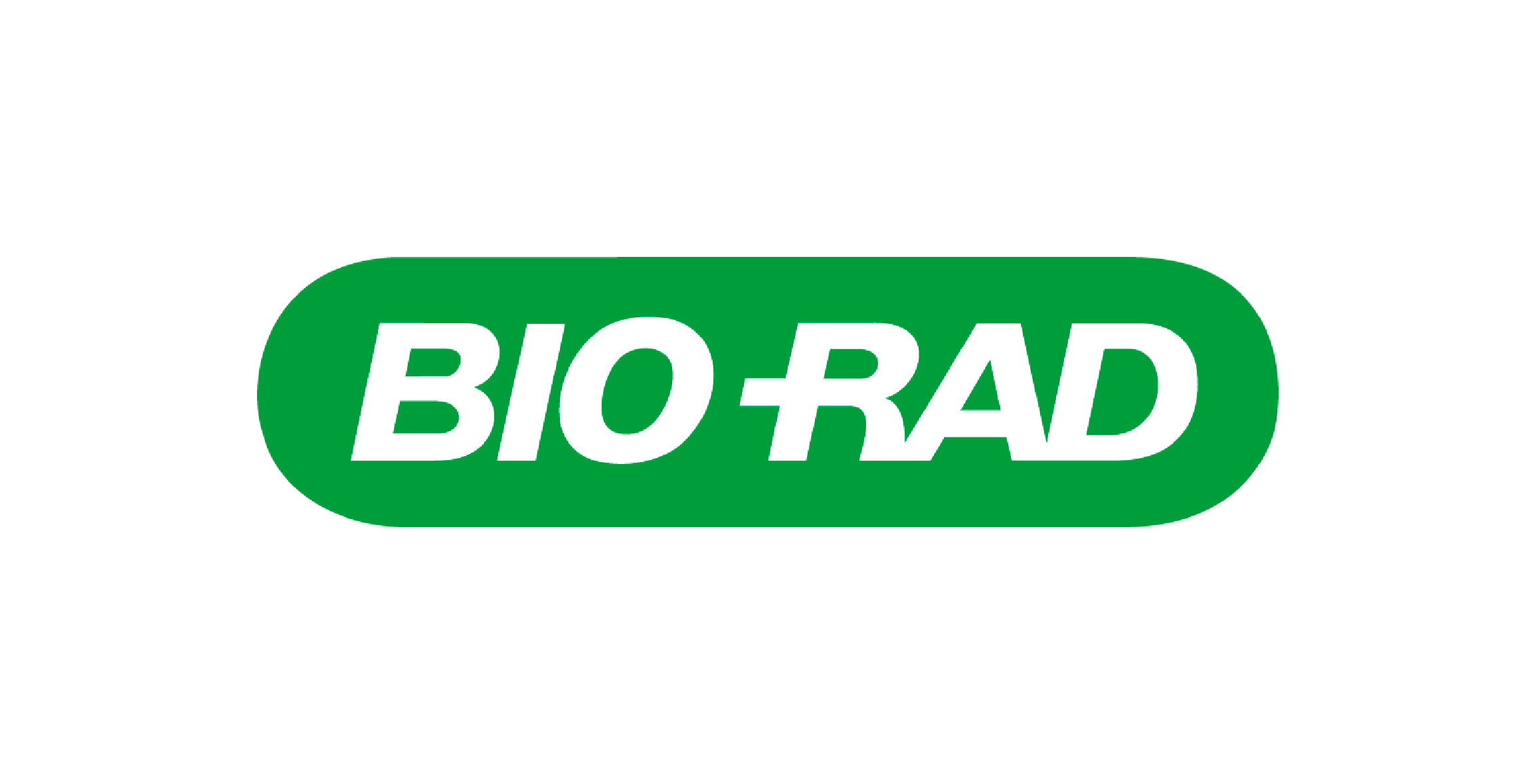Anti-Corruption Compliance
We do not bribe or engage in any corrupt activity.
We always exhibit integrity in dealing with customers and business partners. We know that there are many international anti-corruption laws, some carrying significant penalties, that apply to our interactions with government officials anywhere in the world, including U.S. federal and state officials, and with commercial business partners, including suppliers.
Put simply, we do not bribe nor do we ever solicit or accept any bribes. This includes small payments that low-level government agents request to expedite or facilitate routine government actions, such as issuing permits. These small payments are often called “facilitating payments” or “grease payments,” and we do not make them.

We are also careful to make sure that no third party offers a bribe or attempts to bribe another on Bio-Rad’s behalf, as we could be held responsible for that third party’s conduct. It is for this reason that we do not hire business partners to undertake actions that we would not do ourselves, and we make sure our business partners are qualified and that they strictly adhere to the law and our policies.
It is important that we do not misrepresent any payments in our books and records. If you are aware of payments – including facilitating payments – that may be mischaracterized in our records, immediately contact the Compliance Department.
A bribe can include anything of value given with the intent of improperly influencing the decision-making of another in order to gain or retain business. Bribes can be in cash, goods, products, free services, or gifts.

Expectations
- We neither make nor accept bribes.
- We do not make facilitating payments.
- We carefully select our business partners and any third parties acting on our behalf, and we monitor their behavior moving forward.
Training Videos in Multiple Languages
Key Terms
Anyone who works for or otherwise represents a government, a government department, or a government-controlled or government-owned organization. For example, a doctor who works in a state-owned hospital would be considered a government official. This term also includes politicians or employees of a public international organization such as the United Nations.
Anything of value provided as a reward for improperly influencing an official decision for business advantage, such as rewarding a purchasing agent for awarding work to a preferred vendor.
Anything that has value, including cash, cash equivalents (such as gift cards), gifts, free services, job opportunities, charitable contributions, political contributions, travel expenses, and entertainment.

